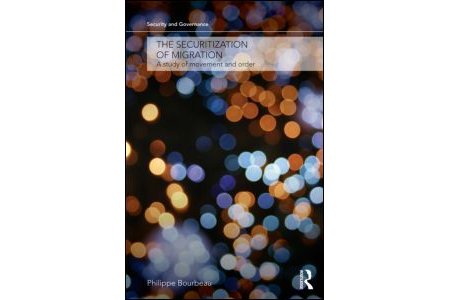Climate change predominantly impacts those who have benefited least from fossil fuelled industrialisation. The poor have less social, economic and political capacity to adapt to climate change than the rich. The arrival of the global climate negotiating lobby on African shores must focus the (…)
Africa Must Lead: COP 17 Must Deliver Climate Justice to Developing Nations
By Glenn Ashton

